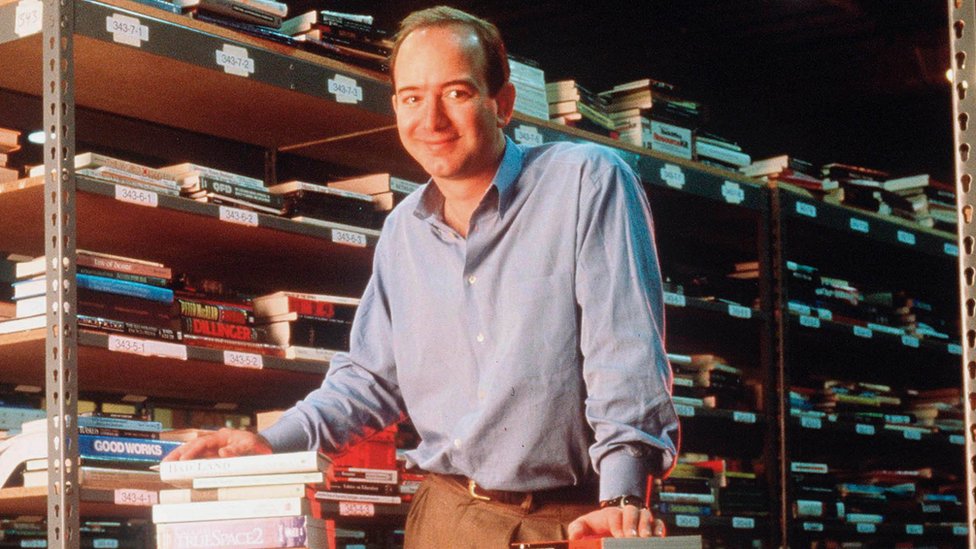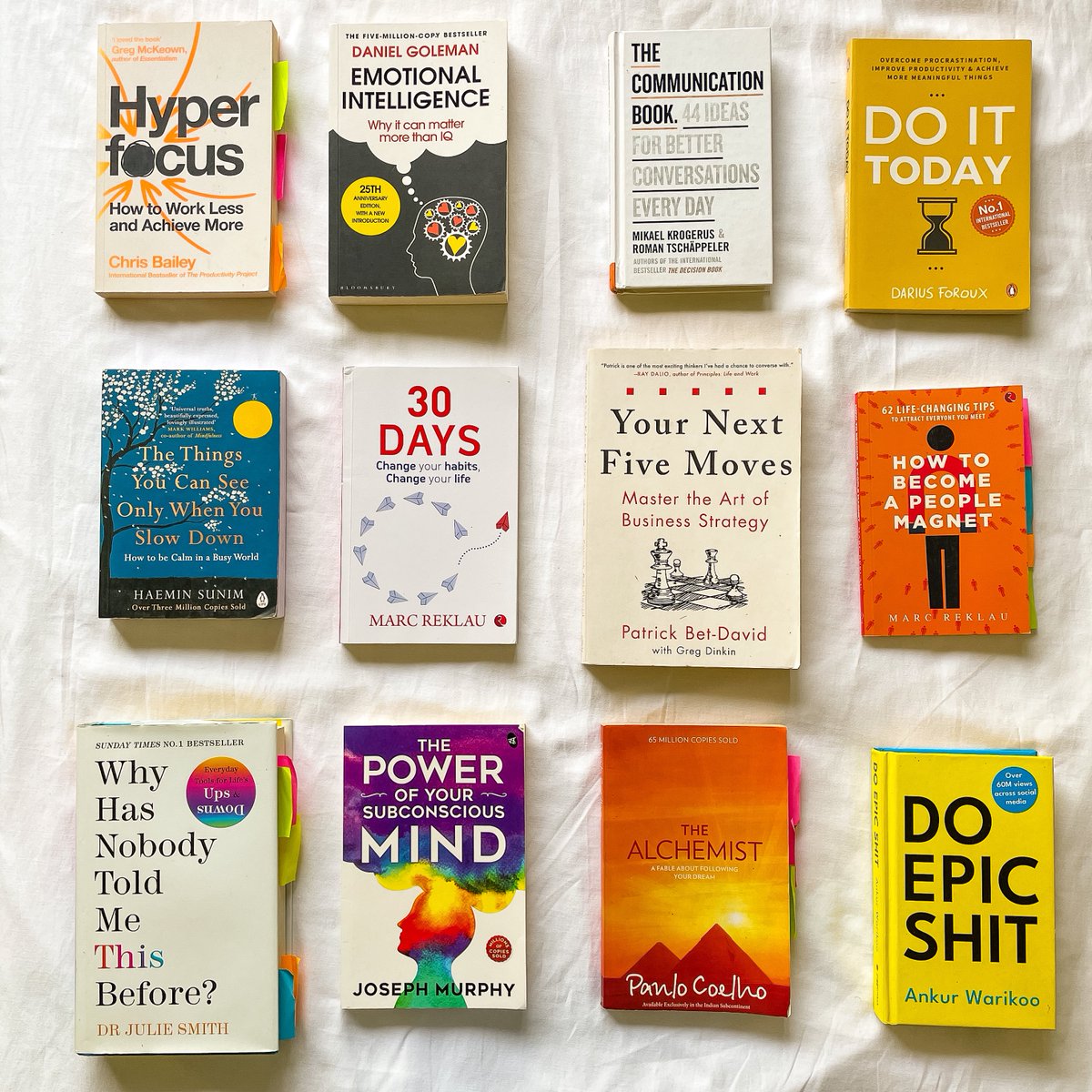The Persuasion Paradox
Have you noticed that the most argumentative people rarely persuade anyone?
The most persuasive people don’t argue—they observe, listen, and ask questions.
Argue less, persuade more.
Persuasion is an art that requires a paintbrush, not a sledgehammer.
The Effort Paradox
You have to put in more effort to make something appear effortless.
Effortless, elegant performances are often the result of a large volume of effortful, gritty practice.
Small things become big things. Simple is not simple.
The Wisdom Paradox
“The more I learn, the more I realize how much I don't know.” — Albert Einstein
The more you learn, the more you are exposed to the immense unknown.
This should be empowering, not frightening.
Embrace your own ignorance. Embrace lifelong learning.
The Growth Paradox
Growth takes a much longer time coming than you think, and then it happens much faster than you ever would have thought.
Growth happens gradually, then suddenly.
When you realize this, you start to do things differently.
The Productivity Paradox
Work longer, get less done.
Parkinson's Law says that work expands to fill the time available for its completion.
When you establish fixed hours to your work, you find unproductive ways to fill it.
Work like a lion instead—sprint, rest, repeat.
The Speed Paradox
You have to slow down to speed up.
Slowing down gives you the time to be deliberate with your actions.
You can focus, gather energy, and deploy your resources more efficiently.
It allows you to focus on leverage and ROI, not effort.
Move slow to move fast.
The Money Paradox
You have to lose money in order to make money.
Every successful investor & builder has stories of the invaluable lessons learned from a terrible loss in their career.
Sometimes you have to pay to learn.
Put skin in the game. Scared money don't make money!
The News Paradox
The more news you consume, the less well-informed you are.
The
@nntaleb noise bottleneck: More data leads to a higher noise-to-signal ratio, so you end up knowing less about what is actually going on.
Want to know more about the world? Turn off the news.
The Icarus Paradox
Icarus crafted wings—but flew too close to the sun, so they melted and he fell to his death.
What makes you successful can lead to your downfall.
An incumbent achieves success with one thing, but overconfidence blinds them to coming disruption.
Beware!
The Failure Paradox
You have to fail more to succeed more.
Our greatest moments of growth often stem directly from our greatest failures.
Don’t fear failure, just learn to fail smart and fast.
Getting punched in the face builds a strong jaw.
The Hamlet Paradox
"I must be cruel only to be kind." — Hamlet
In Hamlet, the protagonist is forced to take a seemingly cruel action in order to prevent a much larger harm.
Life is so complex.
The long-term righteous course may be the one that appears short-term anything but.
The
@TonyRobbins Paradox
In investing, the willingness to admit you have no competitive advantage can be the ultimate competitive advantage.
Strong self-awareness breeds high-quality decision-making. Foolish self-confidence breeds nothing of use.
Be self-aware—act accordingly.
The Shrinking Paradox
In order to grow, sometimes you need to shrink.
Growth is never linear.
Shedding deadweight may feel like a step back, but it is a necessity for long-term growth.
One step back, two steps forward is a recipe for consistent, long-term success.
The Death Paradox
Know your death in order to truly live your life.
Memento Mori is a Stoic reminder of the certainty and inescapability of death.
It is not intended to be morbid; rather, to clarify, illuminate, and inspire.
Death is inevitable. Live while you're alive.
The Say No Paradox
Take on less, accomplish more.
Success doesn’t come from taking on everything that comes your way.
It comes from focus—deep focus on the tasks that really matter.
Say yes to what matters, say no to what doesn’t.
Protect your time as a gift to be cherished.
The Talking Paradox
“We have two ears and one mouth so that we can listen twice as much as we speak.” — Epictetus
If you want your words and ideas to be heard, start by talking less and listening more.
You’ll find more power in your words.
Talk less to be heard more.
The Connectedness Paradox
More connectedness, less connected.
We're constantly connected, bombarded by notifications and dopamine hits.
But while we have more connectedness, we feel less connected.
Put down the phone. Look someone in the eye. Have a conversation. Breathe.
The Taleb Surgeon Paradox
Looking the part is sometimes the worst indicator of competency.
The one who doesn’t look the part has had to overcome much more to achieve its status than the one from central casting.
If forced to choose, choose the one that doesn’t look the part.
The Looking Paradox
You may have to stop looking in order to find what you are looking for.
Have you noticed that when you are looking for something, you rarely find it?
Stop looking—what you’re looking for may just find you.
Applies to love, business, investing, or life...
The Constant Change Paradox
“When you are finished changing, you are finished.” — Benjamin Franklin
The only constant in life is change.
Entropy is reality.
It’s the one thing you can always count on—the only constant.
Embrace it—be dynamic, be adaptable.
The Control Paradox
More controlling, less control.
We have all seen or experienced this as children, partners, or parents.
The most controlling often end up with the least control.
Humans are wired for independence—any attempts to counter this will be met with resistance.
The Fear Paradox
The thing we fear the most is often the thing we most need to do.
Fears—when avoided—become limiters on our growth and life.
Make a habit of getting closer to your fears.
Then take the leap (metaphorically!)—you may just find growth on the other side.
Those were 20+ powerful paradoxes of life...
Follow me
@SahilBloom for more threads on growth, business, and decision-making.
I write deep-dives on these topics in my newsletter every single week. You should join the 47,000+ others and subscribe today!
https://t.co/qMB8i60ney
Many of these were inspired by conversations with friends and mentors.
Special thank you to
@david_perell for being an amazing teacher, friend, and intellectual sparring partner.
Keep inspiring people to write & share!



























